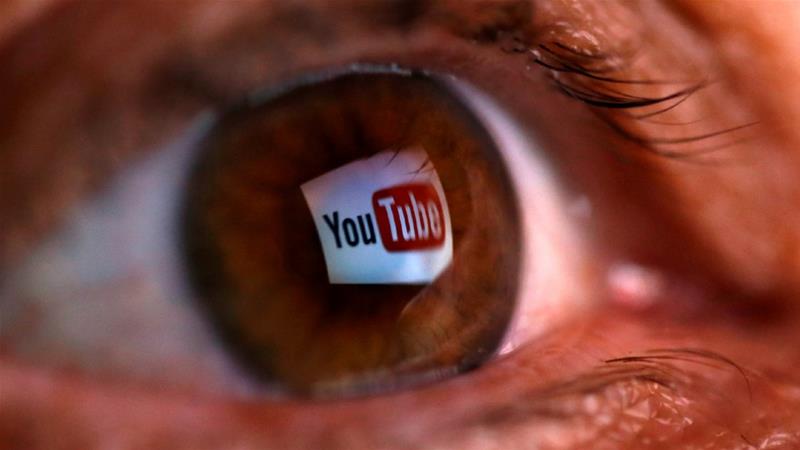With millions of Europeans at home in isolation, officials are worried about the internet breaking.
Online streaming giants Netflix and YouTube say they are trying to save the internet, by reducing streaming quality as millions of people go into isolation and power up their home devices.
YouTube will make the switch to Standard Definition (SD) from High Definition (HD) in the European Union, it said on Friday, to avoid placing additional strain on internet resources, as Europeans, constrained by the coronavirus outbreak, switch to teleworking and watching videos at home.
Netflix said on Thursday it would reduce its bit rates across all its streams in Europe, in effect cutting traffic on its European networks by 25 percent to preserve the smooth functioning of the internet during the coronavirus crisis.
The companies are acting after EU industry chief Thierry Breton urged streaming platforms to cut the quality of their videos to prevent internet gridlock. Videos account for a substantial part of internet traffic data.
Their moves came after Breton spoke to Sundar Pichai, CEO of Alphabet – Google’s parent company – and Susan Wojcicki, CEO of YouTube, a Google subsidiary.
YouTube said so far it had only seen a few usage peaks, but decided to act to minimise stress on the system.
“We are making a commitment to temporarily switch all traffic in the EU to Standard Definition by default,” the company said in a statement.
Standard Definition videos are not as detailed or as sharp as high definition videos.
Europe’s telecoms providers, from Vodafone to Deutsche Telekom, have reported a spike in data traffic in recent days, forcing Breton to issue his pre-emptive call.
Disney, a streaming service which intends to rival Netflix, is set to launch in much of Western Europe on Monday, a week earlier than initially scheduled.
Parents with young children now stuck in isolation at home will likely already have noted its 500 movies across the company’s Disney, Pixar, Marvel, Star Wars and National Geographic brands will include Frozen II, the blockbuster sequel which hit cinemas last winter.













![Hotstar Premium Cookies 2019 [*100% Working & Daily Updated*] Hotstar Premium Cookies 2019 [*100% Working & Daily Updated*]](https://tahav.com/wp-content/uploads/2019/11/Hotstar-Premium-Cookies-Free-100x70.jpg)



